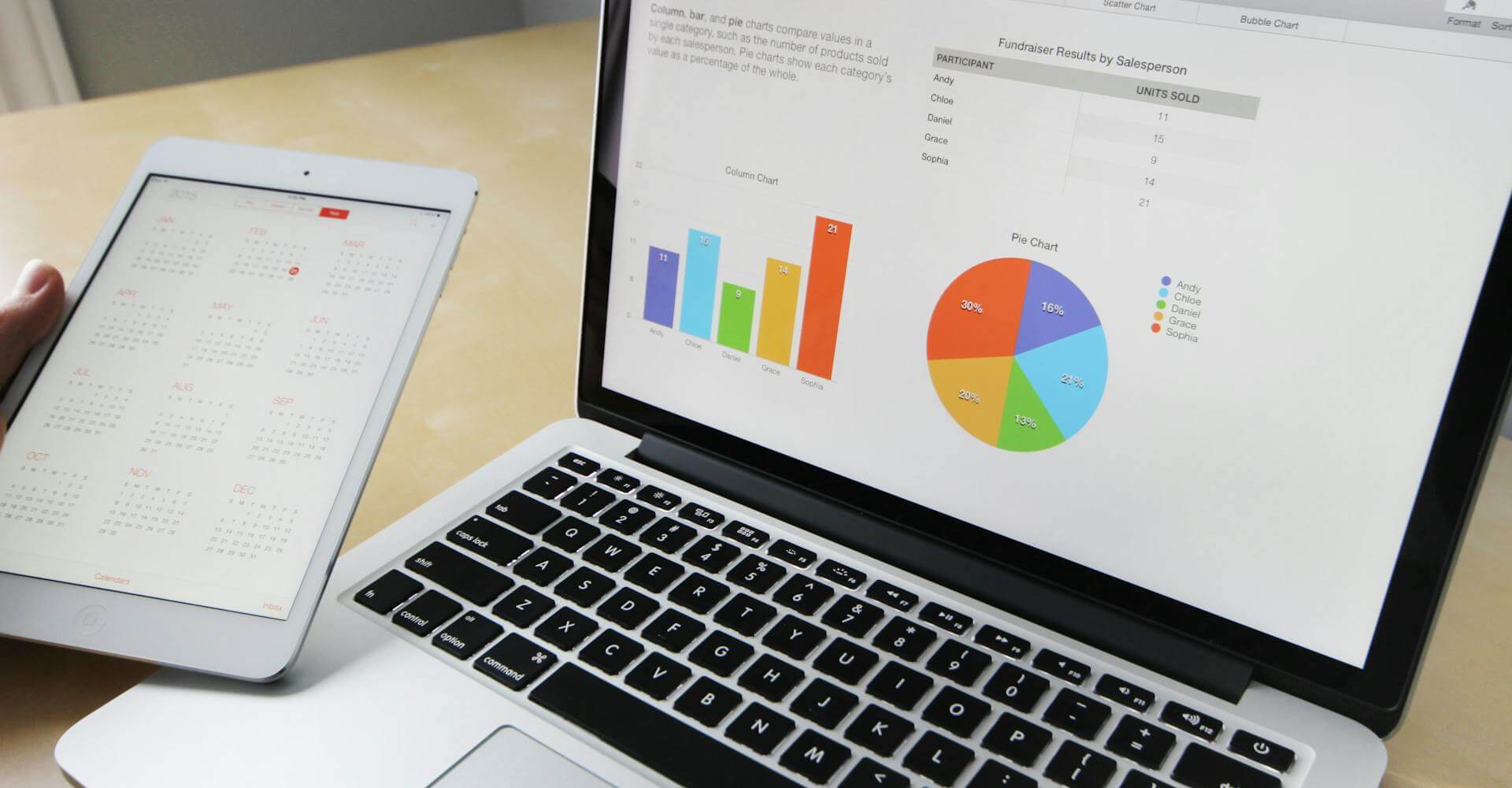In the ever-evolving landscape of technology, data science has emerged as a dynamic field with vast opportunities for those seeking to transition into a rewarding and high-demand profession. If you’re considering a career change to data science, this guide will provide you with a roadmap to navigate the exciting journey ahead.
Understanding Data Science:
Before embarking on a career change, it’s essential to understand what data science entails. Data science is a multidisciplinary field that involves extracting insights and knowledge from data through a combination of statistics, machine learning, programming, and domain expertise. It encompasses a wide range of roles, including data analysts, data engineers, machine learning engineers, and more.
Assessing Your Skills and Interests:
Begin by assessing your current skills and interests. Identify the skills you possess that align with the requirements of a data science role, such as analytical thinking, problem-solving, and programming skills. Consider your passion for working with data and your interest in learning new technologies.
Educational Pathways:
While a formal education in data science can be beneficial, it’s not always a prerequisite. Many successful data scientists come from diverse educational backgrounds. If you’re considering formal education, options include pursuing a master’s degree in data science, enrolling in bootcamps, or taking online courses from reputable platforms like Coursera, edX, or DataCamp.
Building Technical Skills:
Data science requires proficiency in several technical skills. Begin by learning programming languages commonly used in data science, such as Python or R. Familiarize yourself with data manipulation libraries like Pandas, data visualization tools like Matplotlib and Seaborn, and machine learning libraries such as Scikit-Learn.
Hands-On Projects:
Practical experience is crucial in data science. Undertake hands-on projects to apply your newly acquired skills. Build a portfolio showcasing your projects, including data cleaning, analysis, and machine learning applications. This not only demonstrates your abilities to potential employers but also provides concrete examples of your work.
Networking and Community Involvement:
Join data science communities both online and offline. Platforms like LinkedIn, Kaggle, and GitHub offer opportunities to connect with professionals in the field, participate in discussions, and showcase your work. Attend meetups, conferences, and webinars to expand your network and stay updated on industry trends.
Seeking Mentorship and Guidance:
Consider seeking mentorship from experienced professionals in the data science field. Mentors can provide valuable insights, guidance on career decisions, and feedback on your projects. Online mentorship platforms and local data science communities are excellent resources for connecting with mentors.
Tailoring Your Resume:
When transitioning to data science, tailor your resume to highlight relevant skills and projects. Emphasize your problem-solving abilities, programming skills, and any prior experience in data-related tasks. Clearly articulate how your existing skills and experiences align with the requirements of a data science role.
Job Search and Applications:
Start applying for entry-level data science positions or internships. Leverage online job portals, company websites, and networking connections to explore job opportunities. Be persistent and open to diverse opportunities that may help you gain valuable experience in the field.
Interview Preparation:
Prepare for data science interviews by practicing technical questions, problem-solving exercises, and discussing your project experiences. Showcase your ability to think critically about data-related challenges and communicate your solutions effectively.
Conclusion:
Changing your career to data science is an exciting and achievable journey with the right preparation and mindset. Embrace the learning process, stay curious, and leverage the abundant resources available in the data science community. By honing your skills, building a robust portfolio, and connecting with industry professionals, you can successfully transition into a fulfilling career in data science.






